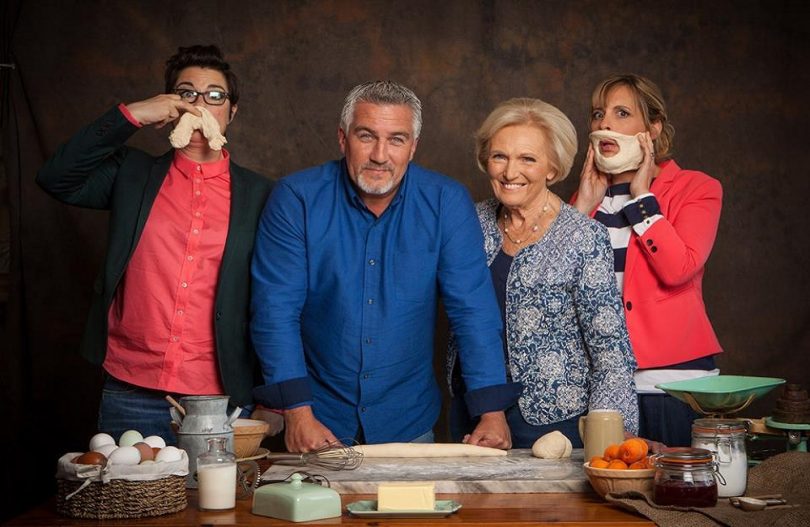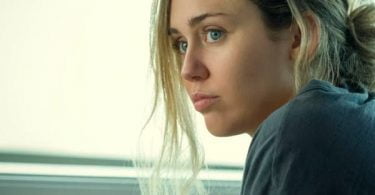It was 9pm, and the people of the city of Chicago were celebrating the fact that it was a holiday weekend. The weather was supposed to be decent, and the forthcoming work week would be abbreviated. For me, I sat down with my mum and sister to watch the latest series of The Great British Bake Off (or the Great British Baking Show as it’s called here), which returned to public television in the United States last Friday night.
The programme had been an instant success when it debuted on public television in late 2014 to coincide with its broadcasts of Downton Abbey. Americans were relieved to see an alternative to the mind-numbingly dull, predictable storylines and fictitious elements of drama that had been the custom of most reality television programmes and competitions, and had also become, as it did in Britain, home to a fan base on social media.
Sue Perkins and Mel Giedroyc champion each contestant, acting, in the words of Linda Holmes, pop culture critic for National Public Radio, “excited big sisters,” and when all is said and done, hug the departing contestant. Perkins and Giedroyc really care, and they don’t manufacture it.
I wrote from deep within my gushy soul about The Great British Baking Show as a metaphor for life. https://t.co/2OoR8xpAA0
— Linda Holmes (@nprmonkeysee) July 1, 2016
Mary Berry, though looking for quality as one of the judges, too champions the contestants, and always finds something complimentary to say, whereas Paul Hollywood is nuanced, and, well, is Paul Hollywood, despite his intentions.
The twelve contestants too did not need to manufacture drama. In the years since the programme began in the US, they have a warm affection for each other, with no ill will, always proud of each other’s achievements, a theme that continues with this series.
Comfort viewing
To be clear, not a lot of publicity was given to this particular series, which aired in the UK last year, considering the attention that had been given to the winner, Nadiya, who prepared the cake for the Queen’s 90th birthday celebrations.
What it’s like baking Her Majesty’s birthday cake https://t.co/acoDTA9Ovb pic.twitter.com/aIsmc0aNMs
— BBC Newsbeat (@BBCNewsbeat) April 21, 2016
Yet that didn’t matter, for rejoicing had commenced at the programme’s long-awaited return to US television screens. It can be seen, for some in America and perhaps in the UK, as comfort television; television worth watching time and again no matter if you know who won it, whether you’re re-watching the scandal surrounding the Baked Alaska or seeing if Ruby Tandoh can overcome concerns of if a particular bake will remain intact.
It also provides just enough of the dramatic element that can leave you on the edge of your seat, wondering if those bakes can survive, and what works of art can be created in just a mere matter of hours.
Yet, when all is said and done, the Bake Off has a universal message, as Holmes put it in her review – life may go in different directions, but remain hopeful nonetheless.
Indeed, it is more than just hope – it is the ability to inspire one to pursue a hobby or passion, and to truly see what true reality television can be. May the Bake Off continue for years to come, without the presence of the dreaded soggy bottom.
What do you think? What makes the Bake Off worth watching? Have your say in the comments section below.









